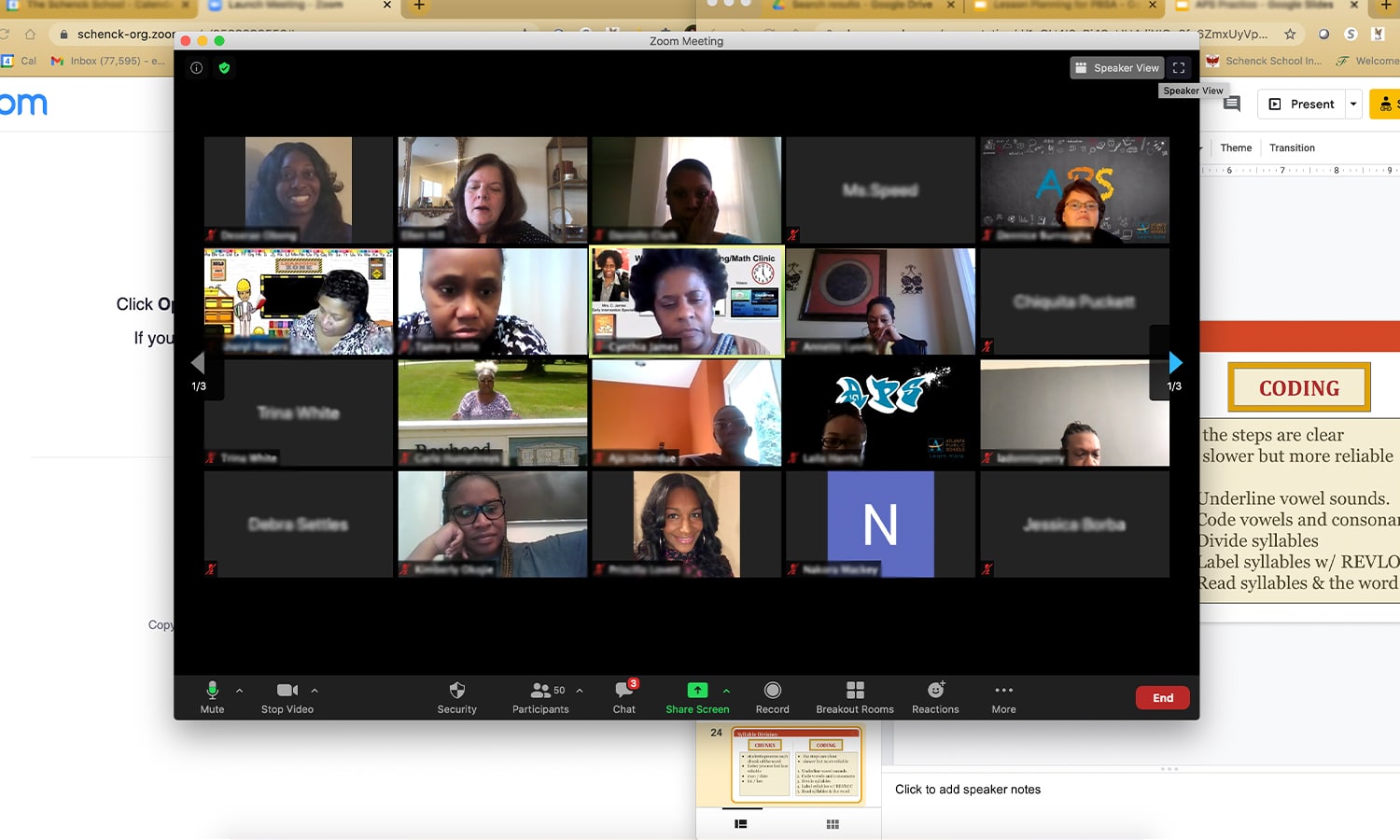From executive functioning abilities to phonemic awareness, no skill is too difficult to master for dyslexic students when they have the support of parents and educators. Another capability that can make an extraordinary difference in dyslexic students’ lives is learning to advocate for themselves. Self-advocacy is a helpful skill for students with learning difficulties and may need classroom accommodations. Educators and parents who want their students to gain more independence and confidence should prioritize self-advocacy skills so children can communicate their needs efficiently. Read below to learn more about how dyslexic students can advocate for themselves and how self-advocacy can make a difference in a child’s life.
Resources
IEP vs. 504 – What’s the Difference?
To ensure students with learning differences get the precise help they need, parents and teachers must understand what accommodations or interventions are available. Two options that include common classroom accommodations used for students with learning differences are the individualized education plan and the 504 plan. While these educational plans can be helpful for certain students, they cannot be used interchangeably. Read below to learn more about the differences between an IEP and a 504 plan with help from ReadSource.
Tips and Tricks for Using the Dyslexia Font and Other Assistive Technologies
With technological advances and an increased awareness of dyslexia, new assistive technologies are opening doors for dyslexic individuals in and out of the classroom. Advances in technology like intentionally designed fonts and state-of-the-art software programs allow students to overcome the challenges of dyslexia and learn more independently. However, accessibility and awareness of available technologies may still be an issue in some communities. ReadSource breaks down some of the most helpful assistive technologies for dyslexia and includes tips and tricks so each dyslexic student can make the most of the tools available to them.
The Impact of ReadSource
When ReadSource was founded in 2014, The Schenck School Board of Trustees’ intention was for this community outreach program to help students overcome reading deficiencies. As the years progressed, we are so thrilled to see our impact extend to students, educators, and other members of the dyslexia community. Though 2020 brought plenty of challenges, the team at ReadSource stayed focused on our work and overcame every obstacle we encountered. Read below to learn about the impact of ReadSource over the past several years, and be on the lookout for what we do next!
Tips for Studying with Dyslexia
Studying is a challenge for students everywhere, whether it’s for a spelling or vocabulary quiz in elementary school or a standardized test like the SAT or ACT. Students must be able to practice studying and find the strategies that work best for them, especially dyslexic students. Study strategies need to evolve over time, but studying with dyslexia can be challenging if students don’t have reliable and effective approaches. Read below to explore some tips for studying with dyslexia from ReadSource.
Frequently Asked Questions About Dyslexia
A dyslexia diagnosis may result in an exhaustive list of questions concerning how dyslexia works, what it means, and what the future will look like for someone with dyslexia. Additionally, for those who have been learning with a dyslexia diagnosis for years, some new concerns may still arise from time to time. Dyslexia is complex, and as new research is published, we all continue to learn new things about this condition. ReadSource is proud to provide answers to some of the most frequently asked questions about dyslexia. Read below to find some answers or contact us if your question is not answered here!
Top ReadSources to Encourage Reading
As distance learning continues and summer approaches, parents and teachers may be wondering how to encourage children to keep reading while at home. All young readers need to practice reading outside of school, but it is especially essential for dyslexic learners to intentionally practice reading over the summer so they don’t forget helpful skills. But reading doesn’t have to be a chore for children or their parents! Learn about the top dyslexia resources available to help encourage young learners to read for pleasure.













